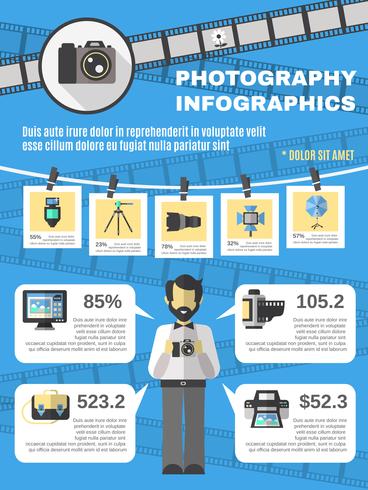Photography Tips For Beginners: Mastering Your Video Camera Quickly
Photography Tips For Beginners: Mastering Your Video Camera Quickly
Blog Article
Post Developed By-Weber Odgaard
When you initially pick up your electronic camera, it can feel overwhelming with all the settings and alternatives offered. You could find yourself wondering exactly how to browse aperture, shutter speed, and ISO properly. Mastering these principles is critical, but there's more to digital photography than just technical knowledge. Recognizing structure strategies and lights problems can boost your images drastically. So, what happens if you could find out straightforward methods to enhance your skills and start catching remarkable images faster than you assume? Allow's explore how to change your photography trip.
Recognizing Cam Setups
Comprehending your cam settings is crucial for capturing sensational pictures. When you get your cam, familiarize yourself with the three major setups: aperture, shutter speed, and ISO. Each plays a crucial function in how your photos end up.
Beginning with aperture, which controls the amount of light getting in the lens. A broader aperture (lower f-number) allows much more light and develops an attractive history blur, perfect for pictures. On the other hand, a narrower aperture (greater f-number) keeps even more of the scene in emphasis, ideal for landscapes.
Next, concentrate on shutter speed. This setup identifies how much time your electronic camera's sensing unit is revealed to light. Executive headshots up motion, which is terrific for action shots, while a slow shutter speed can create sensational effects like smooth water in landscapes.
Lastly, readjust your ISO. This setting influences your cam's level of sensitivity to light. A higher ISO is useful in low-light situations however can present noise or grain. Aim for the most affordable ISO possible while still attaining appropriate direct exposure.
Make-up Methods
When you're out shooting, make-up can make all the distinction in exactly how your images reverberate with audiences. Begin by utilizing the guideline of thirds; picture your framework split into 9 equal areas with two straight and two vertical lines. Setting crucial elements along these lines or at their intersections to create equilibrium and interest.
Next, consider leading lines. These all-natural lines in your scene, like roadways or rivers, draw the viewer's eye right into the photograph, guiding them with the tale you're informing.
Don't forget about framing; use aspects within your scene, like trees or home windows, to produce a frame around your subject, adding deepness and emphasis.
Likewise, watch on your history. A chaotic background can sidetrack from your major topic, while a straightforward one aids it stand apart.
Finally, experiment with symmetry and patterns; they can produce a striking picture that captures attention.
Learning Lighting Conditions
Grasping lighting conditions is vital for capturing stunning photographs, as the ideal light can change an ordinary scene into something phenomenal.
Start by observing natural light at various times of the day. Early mornings and late afternoons use the best light, called the golden hour. The soft, cozy tones during these times can enhance your pictures beautifully.
Do not shy away from cloudy days either; diffused light can lessen severe shadows and produce a pleasing impact, especially for pictures.
Try out backlighting by placing your topic against the source of light. This strategy can develop a wonderful halo result and include depth to your images.
Take see page of your electronic camera setups too. Readjust the ISO, aperture, and shutter rate to match the illumination problems. A greater ISO can assist in reduced light, yet be cautious of grain.
Make use of a tripod in darker atmospheres to stay clear of blur.
Last but not least, don't fail to remember fabricated lights. Flash and continuous lights can be wonderful devices for controlling light in challenging problems.
Conclusion
To conclude, mastering your electronic camera doesn't need to be frustrating. By understanding your settings, using composition techniques, and utilizing the power of all-natural light, you'll quickly elevate your digital photography skills. Keep in mind, practice makes ideal, so venture out there and trying out your newfound expertise. With time and devotion, you'll be catching stunning images that reflect your special viewpoint. Take pleasure in the journey, and don't neglect to have fun while you're at it!
